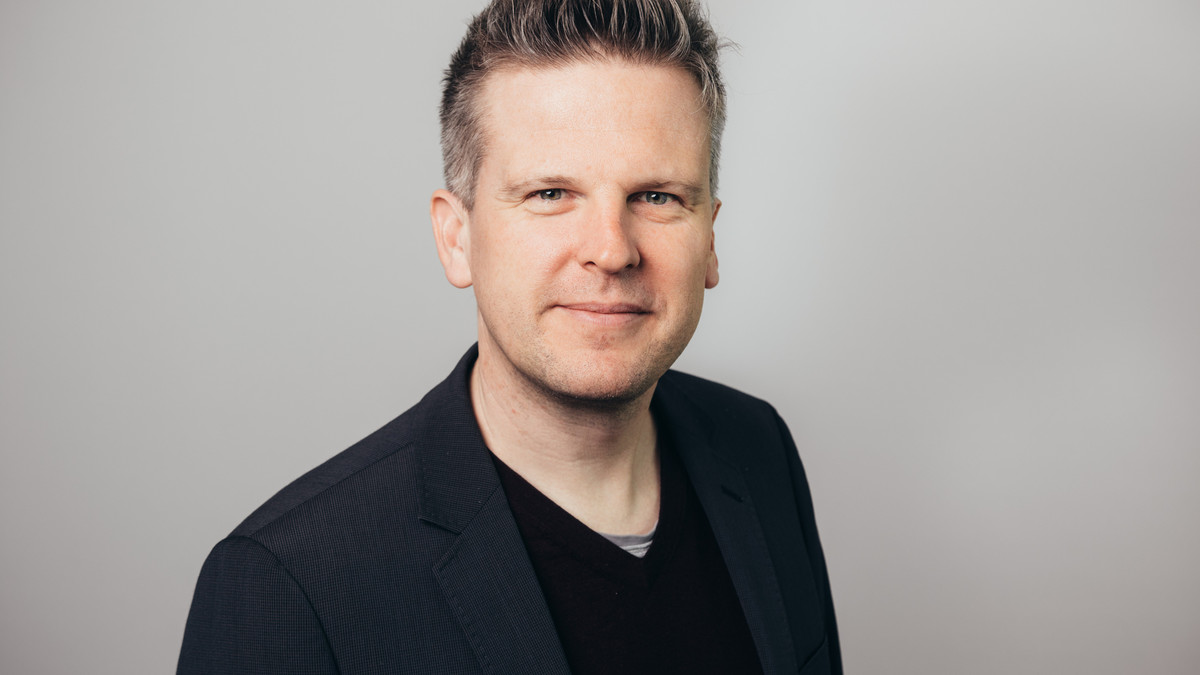Education For Barbarism? Lecture by Prof. Dr. Jürgen Nielsen-Sikora
On the Influence of Educational Ideals on National Socialist Crimes

The Barbaric in Human Beings: Lecture Series on Violence and Destruction
In light of the current war in Ukraine, we are starting a series of lectures and discussions with scholars on possible processes of the emergence of violence and an “ethics of non-violence” (Judith Butler) based on the phenomena that have unfortunately become apparent during these extreme military events. Our aim is to create a format in which it is possible to pinpoint and understand—to the extent that is possible—disturbing human behavior such as barbarism, terrorism, destruction, oppression, manipulation, and abuse. Based on a variety of perspectives and research in fields such as philosophy, sociology, psychology, and history, we will examine a complex network of human ways of life (or death) that the “barbaric temperament” (Stjepan Meštrović) brings to light. Extreme states of loss, desire, love, hate, or jealousy can also be important signs in recognizing violent, expansionist, or peaceful behavior.
The lecture by Jürgen Nielsen-Sikora explores the question of the influence of educational ideals on the crimes of the National Socialists. What education had the perpetrators themselves? Did this education influence their view to the world? Hardening, dressage, sadism, cruelty: what are the consequences of education if it is committed to these ideals? Can we speak of an education in barbarism? Even in 1945, however, the ideals of Nazi education were far from being abandoned. They continue to have an effect in families, homes and dispatch homes through practices of a so-called "black pedagogy" and in some cases to this day.
Jürgen Nielsen-Sikora (*1973) studied philosophy, psychology and pedagogy in Cologne. Doctorate 2002 in Cologne, habilitation 2011 in Hildesheim. Until 2012 he worked as a research assistant and in the academic council at the University of Cologne, until 2014 at the Konrad-Adenauer-Stiftung in St. Augustin. Since 2014 he has been at the University of Siegen as apl.-Prof. for educational philosophy. He heads the Hans Jonas Institute and is chairman of the Hans Jonas Center. He published on european history in the 20th century (Europe of Citizens 2011, Cultural Studies and National Socialism 2009) and on moral philosophical topics (Hans Jonas Biography 2017, Jonas Handbook 2021).
